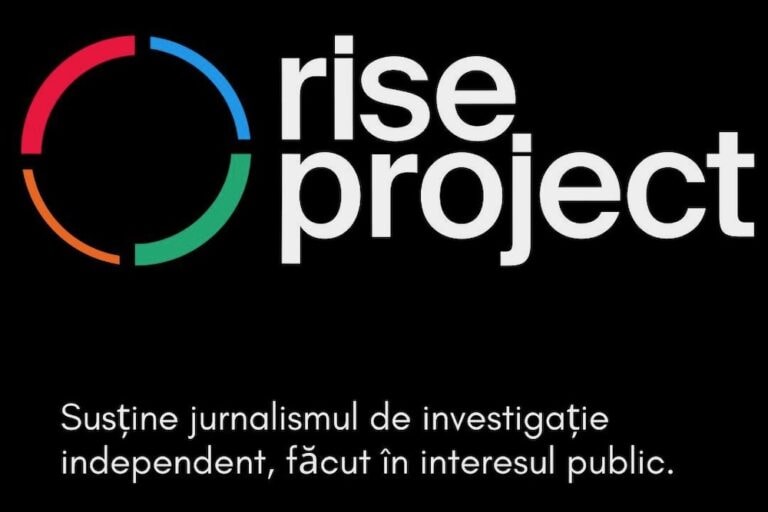(ARTICLE 19/IFEX) -The following is an ARTICLE 19 press release: ROMANIA ADOPTS SECRECY LAW UNDER NATO PRESSURE ARTICLE 19 today published an analysis (1) of the Romanian Law for the Protection of Classified Information. The Romanian Senate voted to adopt the Law on 8 April, 2002, without considering amendments proposed by two parliamentary committees and […]
(ARTICLE 19/IFEX) -The following is an ARTICLE 19 press release:
ROMANIA ADOPTS SECRECY LAW UNDER NATO PRESSURE
ARTICLE 19 today published an analysis (1) of the Romanian Law for the Protection of Classified Information. The Romanian Senate voted to adopt the Law on 8 April, 2002, without considering amendments proposed by two parliamentary committees and in spite of serious criticism by civil society of the scope and content of the law.
ARTICLE 19 has identified some serious deficiencies in the law and is extremely disappointed that the law was rushed through Parliament in a manner which undermines normal democratic procedures. Pressure to satisfy NATO’s accession requirements (2) has resulted in a law which undermines the right to know and fails to meet international standards on freedom of expression.
The right to access information held by public authorities is a recognised fundamental human right. ARTICLE 19 welcomed the adoption of the Romanian Law on Free Access to Information of Public Interest in October last year, but this law is now being seriously undermined. The Law on Classified Information does not recognise the law on access and fails to state that in case of inconsistency the law on access should take precedence.
A further concern is the inclusion in the law of an obligation of professional secrecy. The law requires all bodies to protect professional secrets but fails to provide a clear definition of what a professional secret is. The lack of a clear definition means that these provisions are open to abuse and are likely to inhibit journalists from disclosing information of public interest.
The definition of a State secret also fails to meet international standards. Article 15(b) of the Law defines classified information simply as information “which is not addressed to the public”. The list of categories of ‘secret’ information provided in the law is non-exclusive and the categories themselves are overly broad. Furthermore, there is no harm test and no public interest override. According to international law, secrecy is legitimate only if disclosure would cause substantial harm to a legitimate aim listed in the law and even then the harm to the aim must be greater than the public interest in having the information.
Toby Mendel, Head of the Law Programme says,
“Romania has missed an opportunity to adopt a considered law which would protect legitimate national security interests without undermining existing legislation which guarantees the public’s right to know. NATO cannot demand greater secrecy from applicant countries than from established members.”
Notes for Editors
1. The full analysis can be found on ARTICLE 19’s website at www.article19.org/docimages/1285.doc
2. The Law was adopted just three days after the Supreme Council for the Defence of the Country approved the Action Plan for NATO Accession in which NATO set a deadline of May for the implementation of the Law on Classified Information.


